An island along the coast of Maine that was home to a mixed-race fishing community later forcibly removed by the state has been added to the National Register of Historic Places after a years-long effort.
Malaga Island, a 42-acre island about a 40-mile drive up the coast from Portland, is these days a public preserve visited by hikers and nature lovers. More than a century ago, it was home to a small community that historians believe was settled by free Black Americans around the time of the Civil War.
In late 1911, during the administration of Maine Gov. Frederick W. Plaisted, several islanders were committed to the Maine School for the Feeble-Minded. The state then bought Malaga Island from a local family and ordered the remaining residents to vacate the island by July 1912. Nearly a century later, then-Gov. John Baldacci would issue an apology about the island.

This 2018 photo by the Maine Coast Heritage Trust shows life-size cardboard cutouts of people lining the shoreline at Malaga Island, an island off the Maine coast that has been added to the National Register of Historic Places. Caitlin Gerber/Maine Coast Heritage Trust via AP
The island, located in the tiny town of Phippsburg, was formally listed on the national register on Sept. 19, federal records state. Marnie Voter, a supporter of the listing and a relative of a Malaga Island descendant, said the island is “sacred to the descendants of those who were evicted over 100 years ago” and the listing is a significant step.
“Maine acknowledges what happened there, the naming means that what happened there is of national historic interest, and to the living descendants it serves as an acknowledgment that their families were innocent pawns swept up in the politics of the eugenics movement of the day,” Voter said.
The Maine Coast Heritage Trust acquired the island in 2001 and has managed it as a preserve since. The trust has worked with descendants of the island, historians, academics and others to increase awareness of the island and its history. The former locations of homes on the island are marked, and the island itself is a part of the Maine Freedom Trail.
Still, the island and its history were largely unknown to most Maine people for decades, and it remains mysterious to many. The trust occasionally runs tours of the island, which is only accessible by boat, though it is very close to the coast.
“It’s important to note the descendants’ involvement in this achievement,” said the trust’s southern Maine conservation easement steward Caitlin Gerber. “Their overall support of the nomination, attendance at the nomination presentation, and input on various drafts has been instrumental to this process.”
Copy the Story LinkSend questions/comments to the editors.

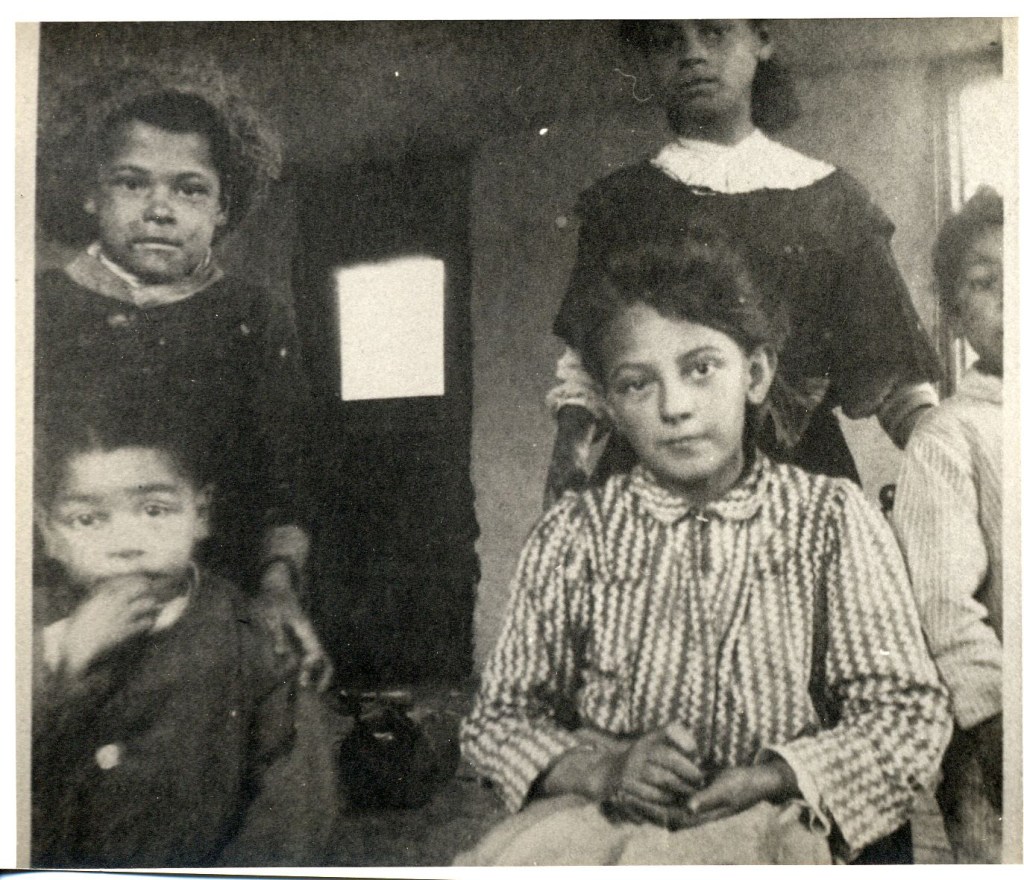
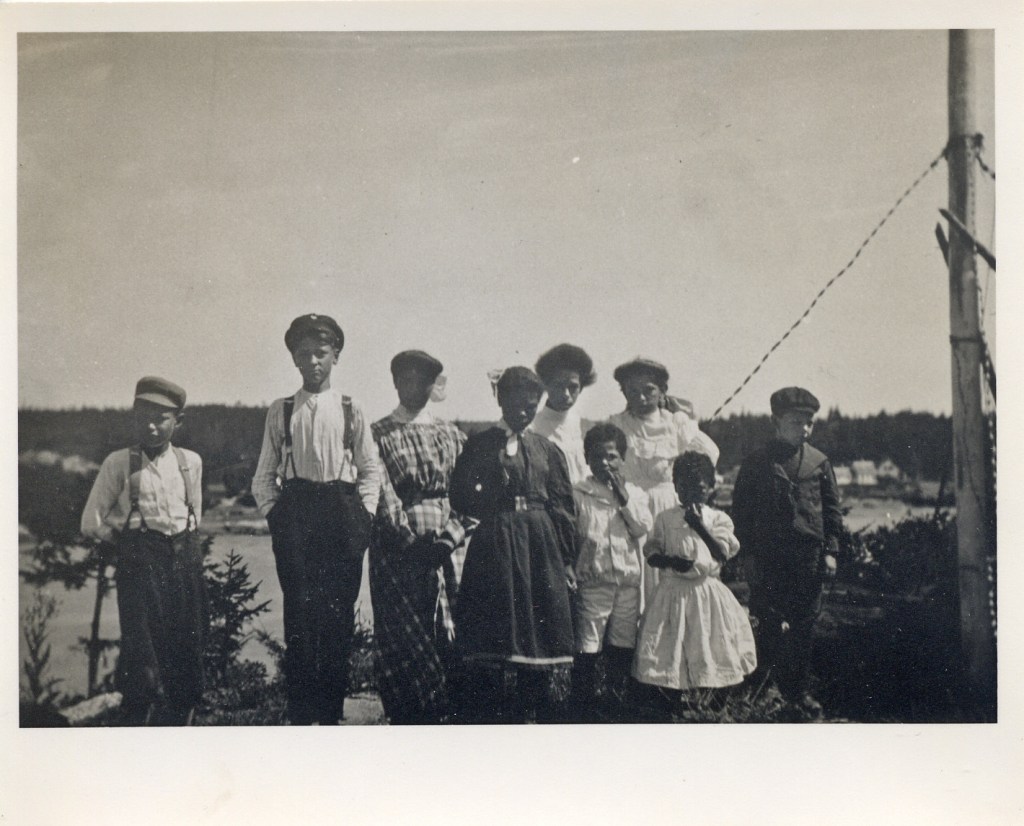

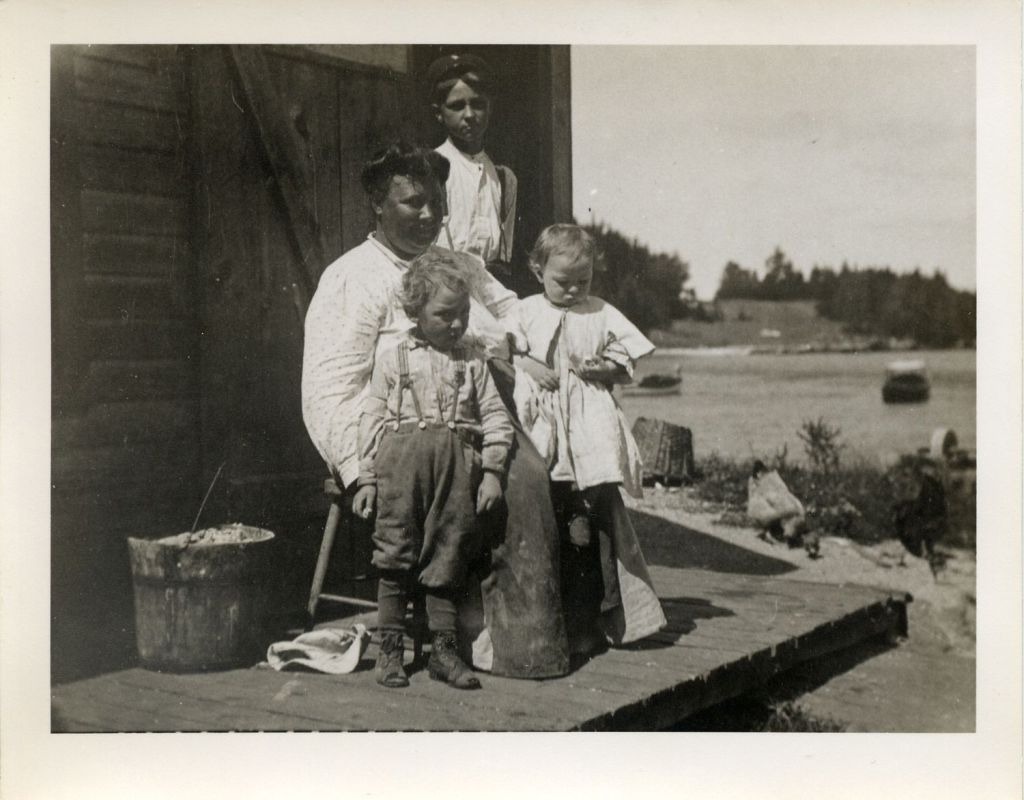
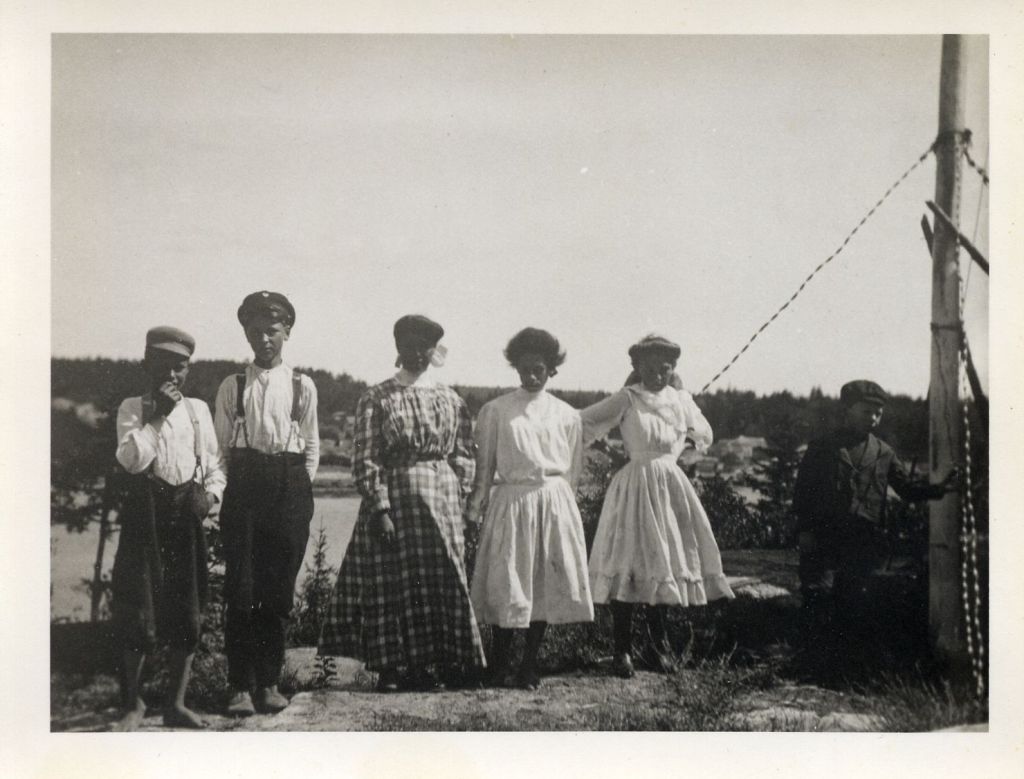
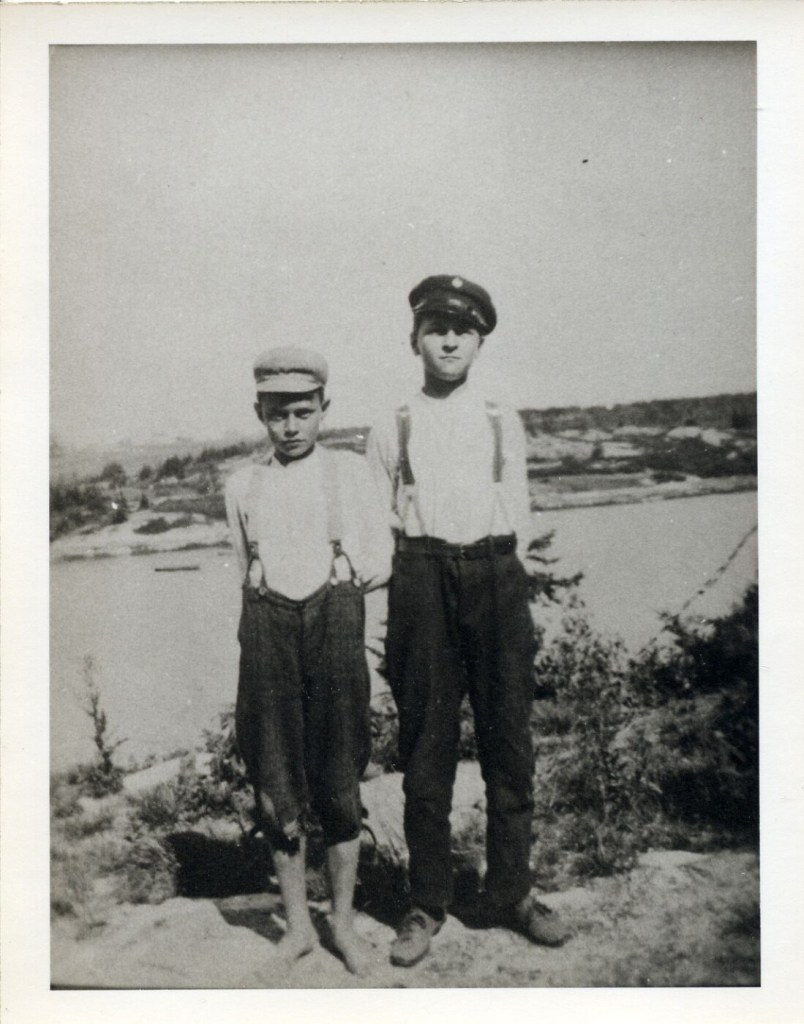
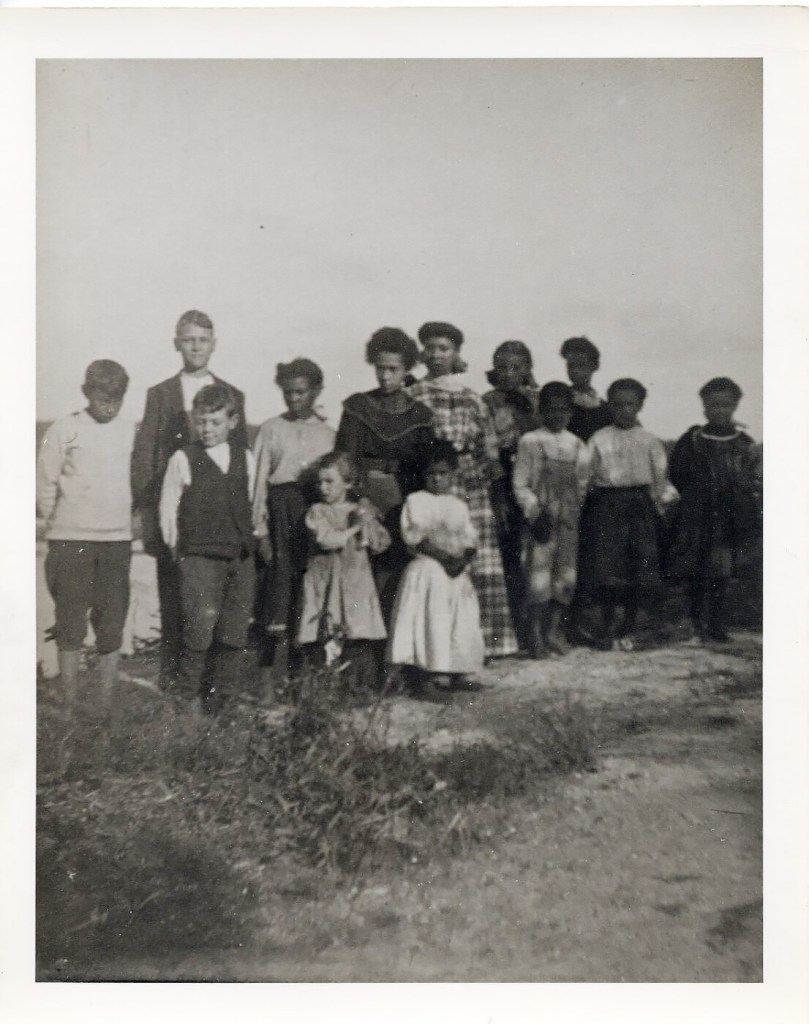
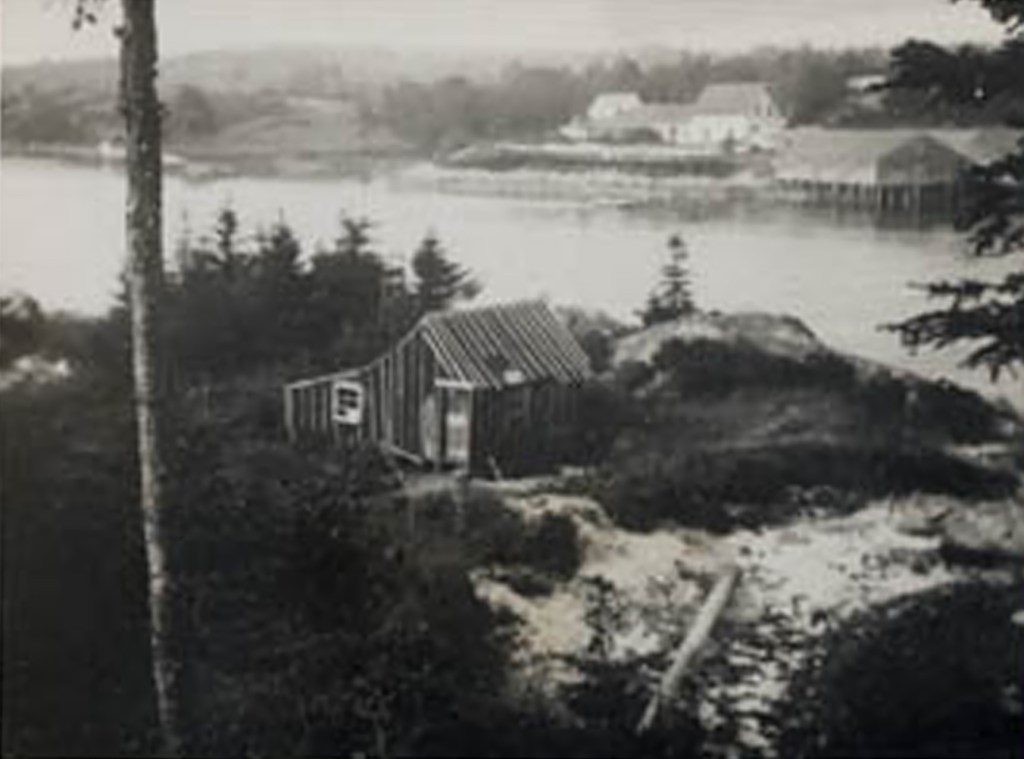
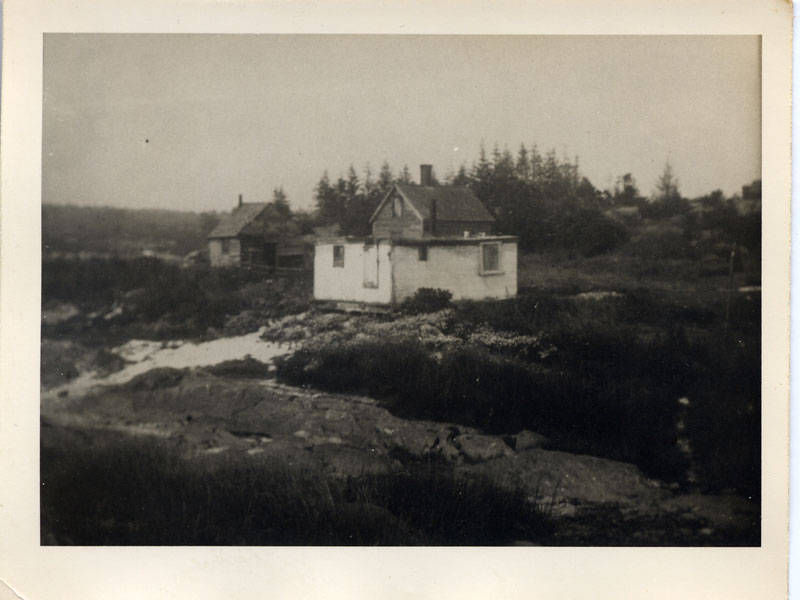

Success. Please wait for the page to reload. If the page does not reload within 5 seconds, please refresh the page.
Enter your email and password to access comments.
Hi, to comment on stories you must . This profile is in addition to your subscription and website login.
Already have a commenting profile? .
Invalid username/password.
Please check your email to confirm and complete your registration.
Only subscribers are eligible to post comments. Please subscribe or login first for digital access. Here’s why.
Use the form below to reset your password. When you've submitted your account email, we will send an email with a reset code.